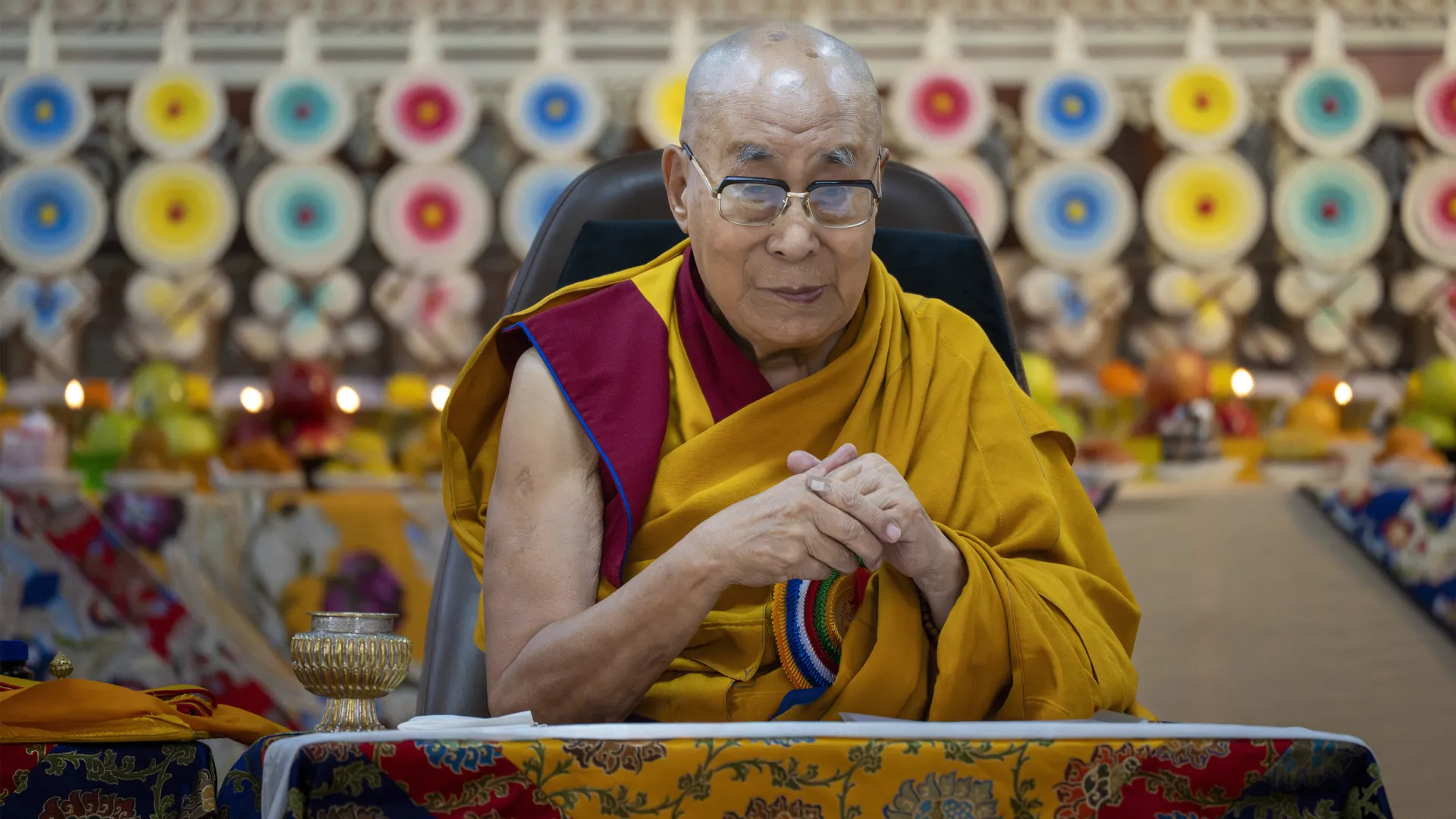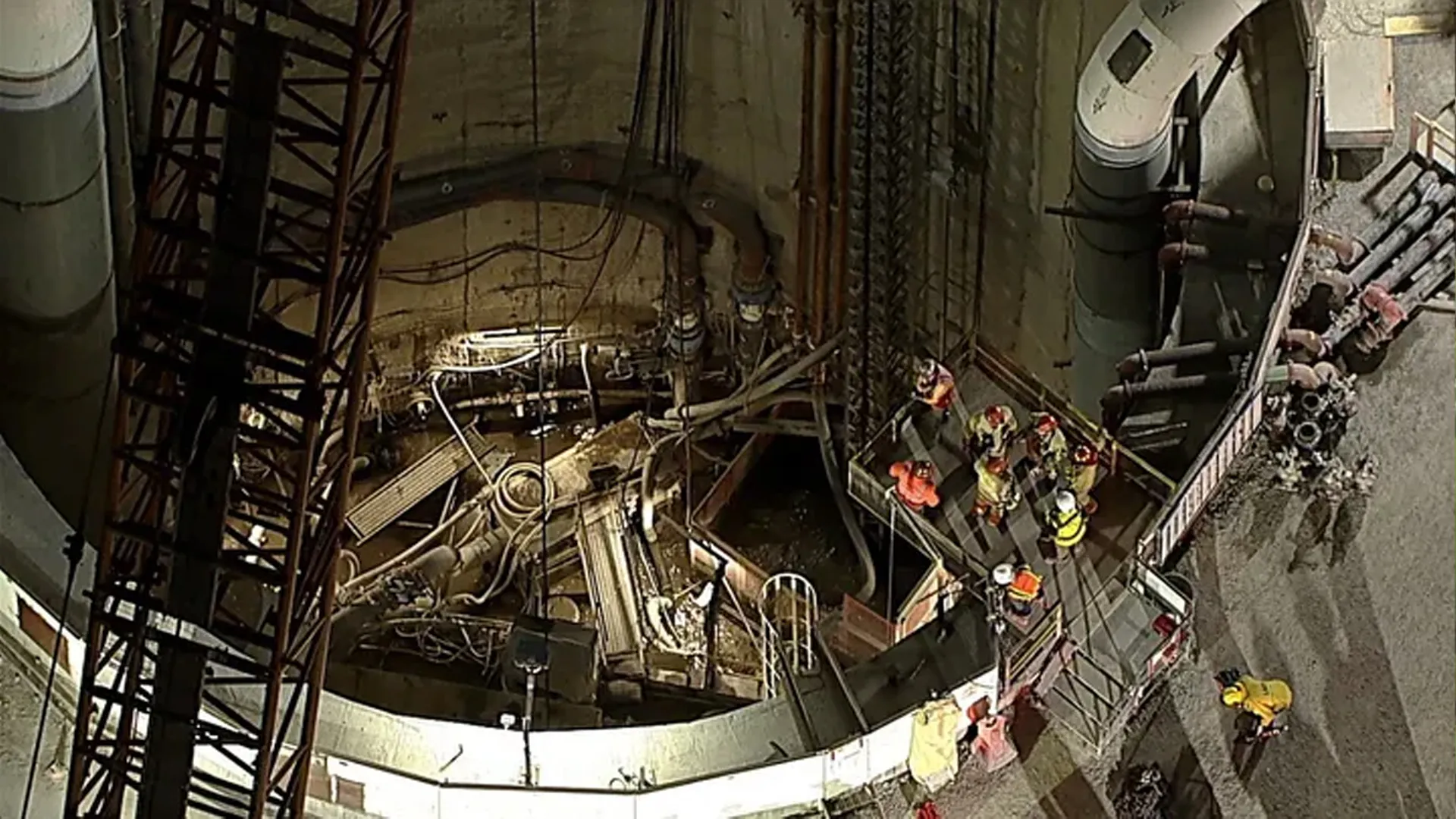The 14th Dalai Lama has made it categorically clear that China will not be involved in the selection of the 15th Dalai Lama, explaining that only traditional Tibetan Buddhist methods and the Gaden Phodrang Trust will determine the process of reincarnation.
In a posting called “Affirming the Continuation of the Institution of Lama,” Tibet’s spiritual leader reiterated that the search and identification of his successor will be done “by tradition” and threatened that “no one else has any such authority to interfere in the matter.”
Dalai Lama Reaffirms Position from 2011
He pointed to his 24 September 2011 statement, in which he spoke to Tibetan spiritual leaders, the international Tibetan community, and the Tibetan Buddhist faithful.
Statement Affirming the Continuation of the Institution of Dalai Lama
(Translated from the original Tibetan)
On 24 September 2011, at a meeting of the heads of Tibetan spiritual traditions, I made a statement to fellow Tibetans in and outside Tibet, followers of Tibetan… pic.twitter.com/VqtBUH9yDm
— Dalai Lama (@DalaiLama) July 2, 2025
“On 24 September 2011, during the meeting of Tibetan spiritual traditions’ heads, I stated that Tibetans and non-Tibetans in and outside Tibet, Tibetan Buddhist believers, and people connected with Tibet and Tibetans about whether or not the Dalai Lama institution should be continued. I said, ‘As early as 1969, I made it clear that people concerned should determine whether the reincarnations of the Dalai Lama should continue in the future,'” The Dalai Lama added.
Public and Spiritual Appeals Impel Decision
The spritual guru clarified that even if he had not publicly debated the matter for 14 years, he was receiving appeals from different Buddhist leaders, adherents, and Tibetans in exile as well as within Tibet.
“I also indicated, ‘When I am around ninety, I will take advice from the high Lamas of the Tibetan Buddhist traditions, the Tibetan people, and other concerned individuals who practice Tibetan Buddhism, to reconsider if the institution of the Dalai Lama should be continued or not’,” he further stated.
He revealed that the appeals had come from members of the Exile Tibetan Parliament, the Central Tibetan Administration, NGOs, Himalayan Buddhists, Mongolian practitioners, Russian Buddhist republics, and even mainland Chinese Buddhists.
“In particular, I have also received messages in different ways from Tibetans in Tibet expressing the same appeal. In keeping with all these requests, I am stating that the institution of the Dalai Lama will endure,” he declared.
Future Selection Process Clearly Defined
Reiterating his 2011 statement, the position defined the accepted procedures and the Gaden Phodrang Trust’s authority in the reincarnation process.
“The procedure through which a future Dalai Lama is to be identified has been set out in the 24 September 2011 statement, indicating that it will be solely the responsibility of members of the Gaden Phodrang Trust, the Office of His Holiness the Dalai Lama,” he said.
“They should refer to the different heads of the Tibetan Buddhist traditions and to the trustworthy oath-bound Dharma Protectors inseparably connected with the Dalai Lamas’ lineage. They should thereby perform the process of search and recognition by the tradition of the past,” he further said.
Gaden Phodrang Trust to Decide Without External Interference
The Dalai Lama emphasized that no other power is entitled to intervene in the spiritual and cultural heritage of Tibet.
“I hereby again reaffirm that the Gaden Phodrang Trust has exclusive jurisdiction to identify the future reincarnation; no one else has any such jurisdiction to intervene in this,” he asserted, leaving no scope for China’s intervention in the spiritual succession.






















